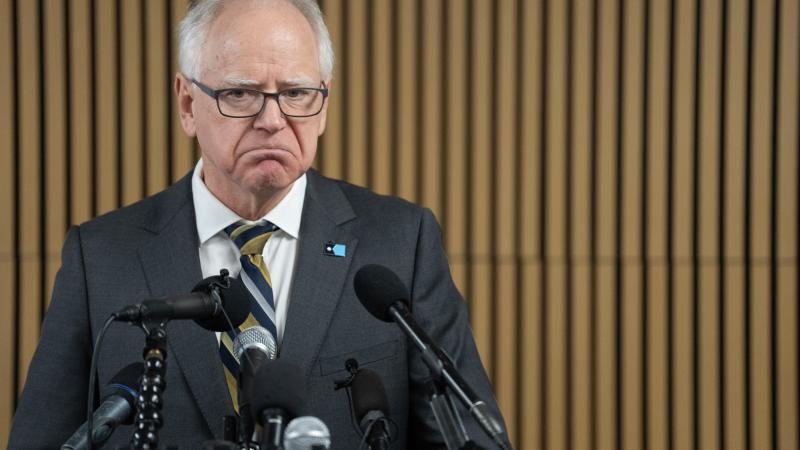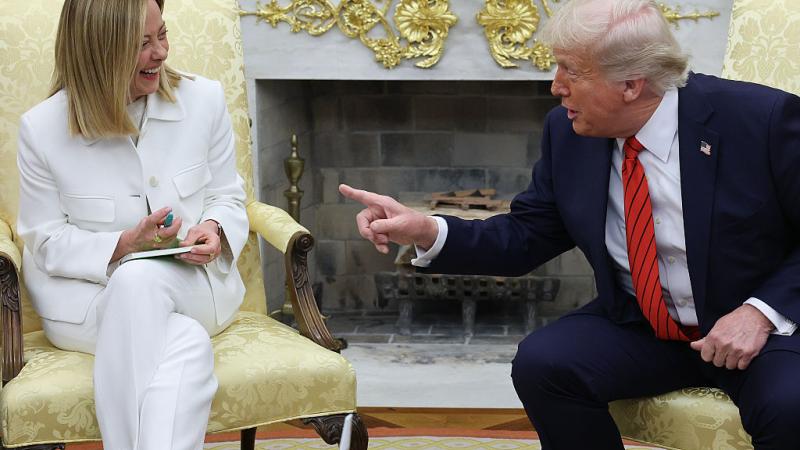Kentucky attorney general asks state Supreme Court to review school-choice case
Request comes after a judge ruled a new state law creating educational opportunity accounts for families was unconstitutional.
Kentucky Attorney General Daniel Cameron and a nonprofit law firm that backs school-choice measures have asked the state’s Supreme Court to take up a case where a Franklin County judge ruled a new state law creating educational opportunity accounts for families as unconstitutional.
Franklin Circuit Judge Phillip Shepherd ruled last month that House Bill 563, which the Kentucky General Assembly passed earlier this year, violated the constitution because it involved the use of tax dollars and private organizations.
The law created account-granting organizations (AGO) that could receive contributions from individuals and businesses. An AGO then could establish an educational opportunity account (EOA) for a family.
Families could use the accounts for several school-related reasons, including to cover such expenses as tutoring, testing fees and uniforms. It also would cover tuition for out-of-district public schools, and in counties where the population exceeded 90,000, it would cover private school tuition.
To qualify for an account, a family must make no more than 175% of the income threshold for reduced meals at school.
In return for contributing to an AGO, the individual or business would qualify for a state tax credit. Those credits would be capped at $25 million annually for five years.
Critics of the law said it takes tax dollars away from public education. The Council for Better Education, along with two public school boards and some parents with children in public schools, filed a lawsuit challenging the law after the Republican-led Legislature overturned Democratic Gov. Andy Beshear’s veto by one vote.
By filing an appeal this week directly to the Kentucky Supreme Court, Cameron and the Institute for Justice bypassed the state’s Court of Appeals.
“Our argument the entire time has been, ‘Your money is your own until the government collects it,’ ” Ben Field, an attorney with the institute, said in an interview with Louisville public radio station WFPL. “There are no public funds involved in this program.”
The Institute for Justice represents two families that planned to take advantage of the accounts for their children.
Proponents of the Kentucky law said more than 30 states offer families some type of program that gives families options for their children’s education.
Andrew Vandiver, president of EdChoice Kentucky, said in a statement state supreme courts where a similar law was passed eventually upheld the laws.
“The law is clear, and the benefits of school choice for families and communities are undeniable,” he said. “With the future of thousands of students on the line, we hope that this matter is resolved quickly so parents can begin applying for this life-changing program.”















